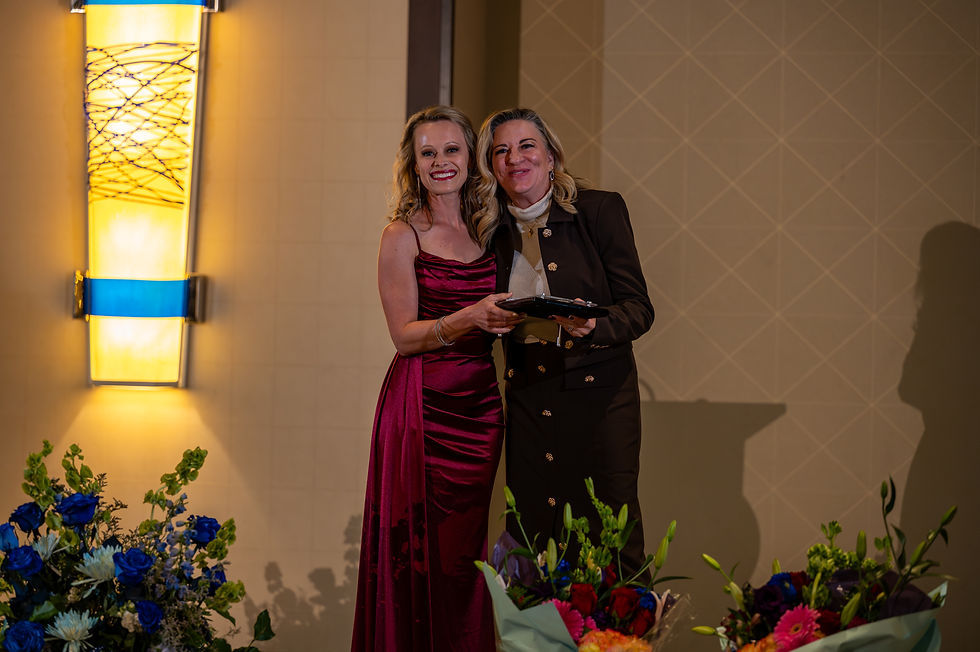What is Spiritual Psychology? Dr. Kathleen Fern
- Alexia Childress
- Nov 2, 2021
- 4 min read
We are thrilled to bring you an interview with LIFE member, Dr.

Kathleen Fern. A friend, college, and supporter of LIFE, Kathleen is sharing with us what spiritual psychology is and what her practice looks like. Further, she shares about her passion for end-of-life care and her calling to aid those going through this spiritual time and how she supports their family members as well.
What Is Your Profession and Your Background?
"For the first 20 years of my career, I was a marketing executive working within higher education. I have a bachelor’s degree in journalism and an MBA. I recently completed my Ph.D. in philosophy, with an emphasis in psychology, cognition, and instruction, which is the study of how we think and learn. I am currently working within the field of spiritual psychology—within the senior population and those in need of end-of-life care. I am called to minister to those dealing with a terminal diagnosis or who are in the final days or hours of their life. I also provide bereavement support to those living with loss. My practice includes pastoral and spiritual counseling, companionship for seniors, and chaplaincy for those in hospice. Personally, my research focus is on prayer and well-being. I am also working on a book about family dynamics."
How Did You Get Involved with LIFE?
"I have been involved with LIFE for the past seven years. It was one of the early speakers who encouraged me to complete my Ph.D. One of the things that I learned from the LIFE organization was that I did not need to compartmentalize my personal and professional goals. For example, spirituality was important to me, but it didn’t occur to me that I could work in the field or share my knowledge and beliefs with others in a professional environment. In some sense, I think Mara was ahead of the curve in terms of presenting the ideals of “living in fulfilled enlightenment.”
It’s nice, after all this time, to be able to give back. November is the national hospice and palliative care month, so this was a great opportunity for me to get involved. Most people say working in hospice is a calling, and I would agree."
What Do You Do to Support Your Personal Well-Being?
"I do the standard things like trying to eat well, which in my case means no gluten. I also try to get some exercise and fresh air—along with some “me” time. It’s funny, before being involved in LIFE, I would have stopped my answer right there. In an effort to be truly authentic, I will share that my own personal well-being depends on spending quiet time in prayer. My own personal prayer practice can ebb and flow, but when I make it a daily priority, my life works. I’d also be remiss not to point out that my published academic research is on the relationship between prayer and well-being. My research demonstrated that prayers of gratitude are correlated with well-being in Catholic women. That’s my researcher plug: express your gratefulness; you’ll be happier."
Tell Us about Spiritual Psychology and How You Use It in Your Practice.
"Spiritual psychology is a somewhat vague term. Dr. Ron Hulnick defines it as the study and practice of conscious awakening. My Ph.D. was in general psychology, so not specifically in spiritual psychology, but I am working within the field. I have heard others say, we are souls having a human experience.
In that context, you could say spiritual psychology is learning to keep our souls aligned with our higher power. In my case, I am Catholic, so I focus on staying in alignment with God through prayer and reflection.
In my pastoral counseling practice, I work with my clients to see challenges through a spiritual lens. Traditional psychology seeks answers, too, but more from a behavioral or cognitive standpoint. Spiritual psychology looks at questions like "Did my life or does my life have meaning?" Since these questions are lofty, they are well-suited for a more mature audience, especially those in the final stages of earthly life."
Can You Share Some Tips for Getting Started on a Prayer Practice?
"I start my day with a quick check-in or “hello” to God the minute that I am aware that I am awake. I also hit my knees and do a quick prayer of gratitude before I do anything else. These two things are an important reminder to me that God comes first in my life. I have found, if you try to go brush your teeth or use the restroom, with the intention of coming back, you can forget. I invite people to just start simple and open a dialogue with your higher power or your spiritual self or whatever words resonate with you.
I also try to remember to bring all of my worries and decisions to God. If you accept the premise that we are souls having a human experience, then it stands to reason that our human perspective is limited. Bringing our troubles and questions to God helps to broaden our perspective. I also suggest praying for “the greatest and highest good” rather than for a specific thing. It can be like that country-western song, thank God for unanswered prayers. We pray for his will to be done, rather than ours. That’s just my two cents. The point is, just start talking and the rest will flow. There is no right or wrong way to talk to God. I even ask for help with parking spots; nothing is too small or big."
For more about Kathleen, visit her website: www.helpsaygoodbye.com.
Scroll on for a video of this interview too!




Comments